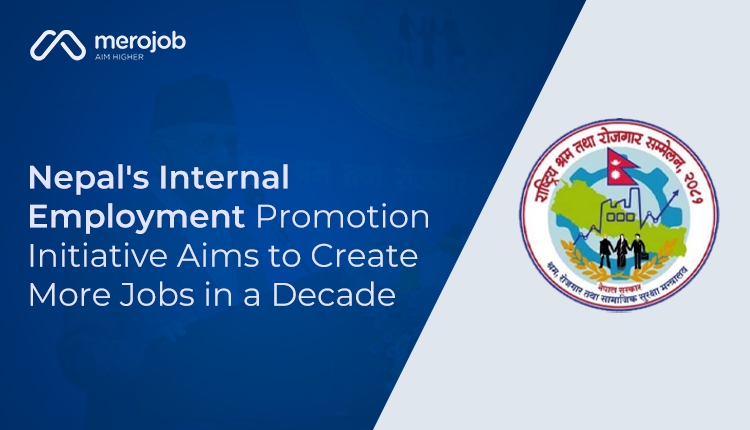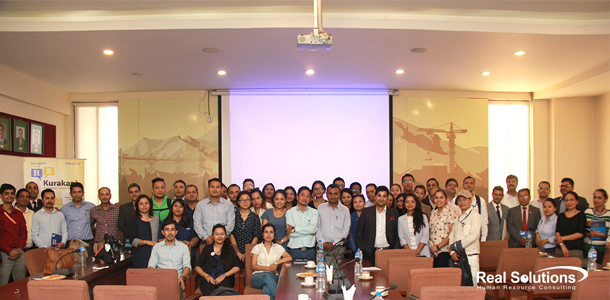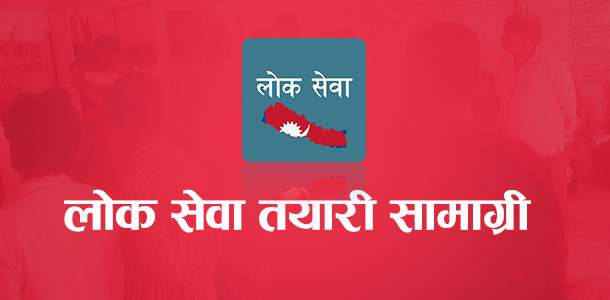The major strategies of the power sector have been appropriately identified as promoting private sector participation in power generation and distribution, integrating rural electrification with rural economic development programs, and strengthening power infrastructure. The effort to develop the hydropower generation will ultimately leads to other benefits like increased access to electricity, economic development, employment generation, etc. So, what effect will these strategies have on hydropower generation as well as employment generation in this industry in the next 10 years?
Bringing into light the current scenario of employment in hydropower industry, there is a need for skilled manpower. In contrast to this, the industry is facing scarcity in terms of these manpower. Majority of hydro projects in Nepal like Upper Tama Koshi, Chilime, Marshyangdi, etc. are dependent on skilled manpower. Similarly, there is also a lack of technical experts in the industry. Due to this, companies are forced to import these manpower from foreign countries but just for short term projects.
“The future of employment opportunity in the hydropower industry is very bright and promising, given that adequate support can be gained from the Government”, says CEO of a reputed multinational hydropower company in Nepal. Hundreds of Civil Engineers will be required in the coming years to execute long term plans in the near future.
Also, foreign investors are really interested in investing their time, effort and fund in Nepalese hydropower projects. If investment can be obtained from these parties, there will definitely be ample amount of progress in the industry. According to Mr. Sunil Lama, another well renowned personality in the given industry, “There is a huge demand for technical workers like wielders, operations managers, carpenter, etc.” These people are the backbone of any hydropower projects, said Mr. Lama.
Similarly, there is also a high demand for geologists in the hydropower industry. Nepal lacks such human resource. So, if we see the future of employment in hydropower, it would be wrong to say that there will be an increase in the demand for geologists. As a career planner, one can take advantage by planning their career in these area if they are interested in such subject matter.
The research regarding employment scenario in the industry also brought into light the difficulties to get the required manpower in this industry. The situation is even worsened by unhealthy competition in the market and also due to difficulty in talent retention. This shows that along with financial investment, hydropower projects in Nepal is also in need of quality human resource to carry out such projects. Thus, job seekers can also enhance their qualifications and skills in order to take advantage of the prospering employment opportunities in this industry.
Just like job seekers, the employers in this industry also has some expectations from the prospective employees. Well behaved and willingness to learn is the primary characteristics the employers look for in a candidate while selecting them for the job. The candidates also need to go through Technical Skills Assessment while being selected for the job position in the industry. Majority of the companies self-recruit and select the employees for lower and middle level job positions. While, this process for senior level positions are outsourced from recruitment companies.
These scenarios well explain the prevailing and future prospects of employment opportunity in the hydropower industry. The study shows that there is a huge gap in the need and availability of skilled as well as technical manpower in this sector. The imbalance in the demand and supply of the required manpower has provided an opportunity for the job seekers and graduates to develop and strengthen their career in this sector. For more blogs related to employment sector in Nepal, click here.


















